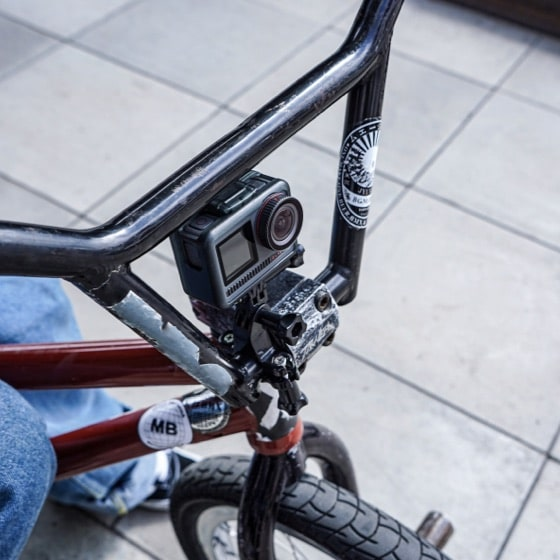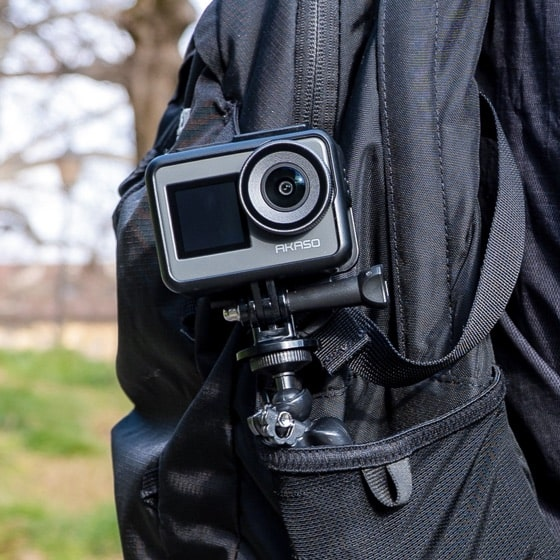When it comes to sports recording, every moment counts. Whether you're an athlete looking to analyze your performance, a coach seeking insights, or a sports enthusiast wanting to relive the excitement, having the right video camera can make all the difference. In this guide, we'll delve into the world of video cameras for sports recording, exploring their features, benefits, and how to choose the perfect one for your needs.
The Importance of High-Quality Video
In the realm of sports, details matter. A high-quality video camera ensures that every movement, gesture, and play is captured in full detail. Whether you're analyzing your form, strategizing with your team, or simply enjoying the thrill of the game, a clear and crisp video can provide invaluable insights and enhance your overall experience.
Key Features to Consider
Resolution and Frame Rate
Opt for a video camera with a high resolution, preferably 4k 60fps video camera, to ensure sharp and detailed visuals. Additionally, a higher frame rate, such as 60fps or higher, allows for smoother motion playback, crucial for capturing fast-paced sports action without motion blur.
Stabilization Technology
Sports involve a lot of movements, and shaky footage can be distracting and difficult to analyze. Look for a camera with built-in stabilization technology or invest in external stabilizers to keep your footage steady, even during rapid movements.
Low-Light Performance
Sports events might take place in various light conditions, including indoor arenas and evening matches. Choose a video camera for sports recording with good low-light performance to ensure your recordings remain clear and vibrant, regardless of light-light conditions.
Zoom and Focus
Having the ability to zoom and focus on specific players or moments can add depth to your recordings. Look for a camera with optical zoom capabilities to avoid sacrificing image quality while zooming out.

Best Practices for Sports Recordings
Positioning
Strategically place your camera to capture the entire field or court. Experiment with different angles to find the one that provides the best view of the action.
Preparation
Ensure your camera is fully charged and has ample storage space before the game begins. Having a back-up battery and memory card on hand can avoid disruptions during recording.
Experiment with Settings
Take time to understand your camera's settings. Adjust parameters like exposure, ISO, and white balance to match the specific light conditions of the sports venue.
Editing and Analysis
After recording, review your footage and consider using video editing software to highlight key moments, create slow-motion playbacks, and add commentary. This can be particularly useful for analysis and sharing with players or fans.

Choosing the Right Camera
When selecting a video camera for sports recording, consider your specific needs and budget. Look for cameras that offer a balance among quality, features, and affordability. Popular options include dedicated camcorders, action cameras with sports-specific features, and even some higher-end smartphones with advanced video capabilities.
A video camera for sports recording is more than just a device; it's a tool that allows you to dive into the heart of the action and relive the excitement time and again. By choosing the right camera and following best practices for recording, you can capture those unforgettable moments and gain valuable insights into the world of sports.

















